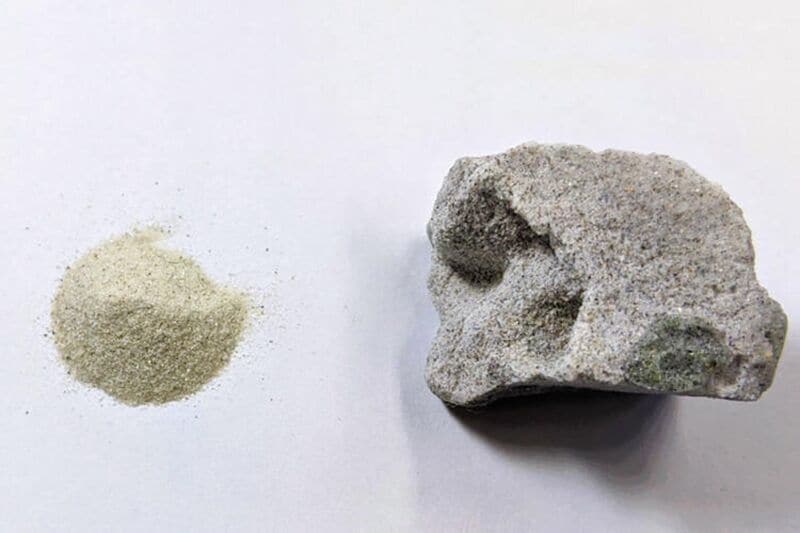
This Cement-Free Concrete Bonds Components Using Alcohol
Michael Hemsworth — April 16, 2021 — Eco
References: iis.u-tokyo.ac.jp & newatlas
Concrete is an essential building material around the world but is often associated with a hefty carbon footprint, so this cement-free concrete has been researched to help offer a more eco-friendly alternative. The concrete was created by scientists at the University of Tokyo and features a cement-free recipe that instead bonds sand particles together with a reaction between alcohol and a catalyst. This would help to greatly reduce the requirement for cement without the need for specialty components for a more sustainable approach to the essential building material.
Lead author of the study Yuya Sakai spoke on the cement-free concrete saying, "Researchers can produce tetraalkoxysilane from sand through a reaction with alcohol and a catalyst by removing water, which is a byproduct of the reaction. Our idea was to leave the water to shift the reaction back and forth from sand to tetraalkoxysilane, to bond the sand particles with each other.”
Image Credit: University of Tokyo
Lead author of the study Yuya Sakai spoke on the cement-free concrete saying, "Researchers can produce tetraalkoxysilane from sand through a reaction with alcohol and a catalyst by removing water, which is a byproduct of the reaction. Our idea was to leave the water to shift the reaction back and forth from sand to tetraalkoxysilane, to bond the sand particles with each other.”
Image Credit: University of Tokyo
Trend Themes
1. Eco-friendly Construction Materials - The development of cement-free concrete using alternative materials and methods has the potential to disrupt the traditional cement industry and provide sustainable solutions for construction.
2. Alternative Bonding Techniques - The use of alcohol and catalysts to bond sand particles together in construction materials presents an opportunity to disrupt the traditional methods of bonding materials together.
3. Sustainable Building Practices - The development of new, eco-friendly construction materials such as this cement-free concrete emphasizes the growing trend towards sustainable building practices and presents opportunities for innovation within the construction industry.
Industry Implications
1. Construction - The construction industry can benefit from the development of eco-friendly building materials that provide sustainable alternatives to traditional cement-based materials.
2. Chemicals - The use of alcohol and catalysts in the bonding of construction materials presents an opportunity for the chemical industry to develop and supply new, sustainable bonding agents.
3. Sustainability - The trend towards sustainable construction practices has created a demand for materials and solutions that are eco-friendly, creating opportunities for innovation in the sustainability industry.
5
Score
Popularity
Activity
Freshness























